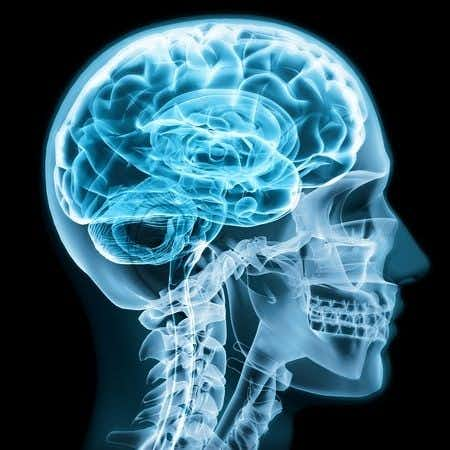This case takes place in Colorado and involves an older male patient who was previously in excellent health, a non-smoker, non-drug user, and occasional drinker with no major health issues. The patient was involved in a minor car accident that did not require hospitalization. Some time after the accident, the man began to feel neck muscle stiffness, headaches and shoulder pain. The patient presented to his doctor with neck pain and a limited range of motion. The patient’s physical exam indicated cervical and thoracic spine abnormalities, tenderness on palpation, and muscle spasm, but was an otherwise normal exam. As a result, the patient was diagnosed with cervicalgia, muscle strain and spasms. A few weeks later, the patient began feeling dizzy, had left-sided arm weakness, ataxia, vomiting, nausea, headache, neck pain, vertigo and light sensitivity. She subsequently presented to the emergency room, where she was given a canalith re-positioning procedure as well as pain and nausea medications. A CT angiogram was performed, but was deemed normal. Some time later, a brain MRI was performed and the patient was diagnosed with an acute infarction caused by the presence of a blood clot. The client was not given any anticoagulation treatment, such as Xarelto, at any time.
Question(s) For Expert Witness
1. Please explain your expertise in stroke diagnosis.
2. Should a neurologist quickly see a patient after diagnosis of cervicalgia?
Expert Witness Response E-009816
This is in my area of practice for sure, especially given that I have done almost 900 telestroke consults in the last 10 years where evaluation of these sorts of complaints, and dissection is certainly on my short list in such cases. The key in these cases is whether the patient provides either history or signs that point to neurologic abnormality other than pain, which is non-specific. In this case, she did have clues and these were pursued, in fact the health clinic sent her on and they did an angiogram on her. Based on the information above it sounds like the angiogram was a false negative or misread missing dissection. At this point, had the diagnosis of dissection been made, or had an mri been performed and showed some early ischemia, she would have been put on aspirin or anticoagulation. This was not done, and later she presented and got the diagnosis with an MRI. At that point treatment should be initiated, but it wont help the stroke she already experienced. In terms of causation one could claim that a treatment opportunity was missed after the first angiogram.
About the author
Joseph O'Neill
Joe has extensive experience in online journalism and technical writing across a range of legal topics, including personal injury, meidcal malpractice, mass torts, consumer litigation, commercial litigation, and more. Joe spent close to six years working at Expert Institute, finishing up his role here as Director of Marketing. He has considerable knowledge across an array of legal topics pertaining to expert witnesses. Currently, Joe servces as Owner and Demand Generation Consultant at LightSail Consulting.



